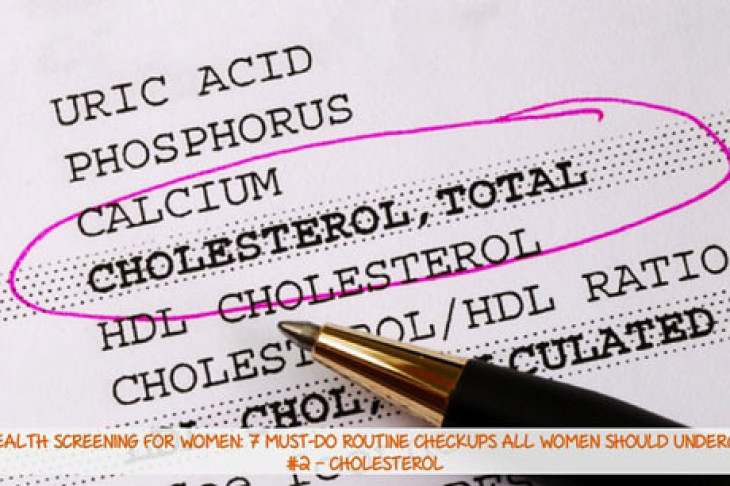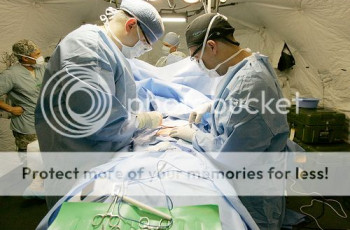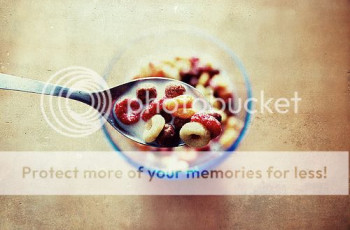5 Frequently Asked Questions About Cholesterol

In the wide world of science and medicine, no other topic seems more widely discussed, more contentious than cholesterol. Cholesterol plays an important role in your overall health, affecting your heart, blood, and organs. But when most people think of cholesterol, they imagine heart attacks and having to be monitored closely by EKG machines. To clear up the confusion about what this mysterious substance is, read the answers to some frequently asked questions about cholesterol below.
1. What is cholesterol?
Cholesterol is a waxy, fatty substance created naturally in the body by your liver. It’s also, of course, found in the foods you eat, mainly in those that come directly from animals. Cholesterol is found in the cell membranes all over your body, including your skin, intestines, brain, nerves, muscles, and heart.
2. What does cholesterol do?
Contrary to what you think, cholesterol isn’t all bad. In fact, your body actually needs cholesterol to stay healthy and function properly. For one, cholesterol is used in the production of steroid hormones that contribute to normal human development. Cortisol, which regulates blood levels and defends against infection, and the sex hormones testosterone and progesterone rely on cholesterol.
Cholesterol is also used to produce bile, the green fluid made in your liver. Bile is an emulsifying agent that is necessary for digesting foods containing fat. Bile breaks down larger fat “blobs” to mix better with the enzymes that directly break down and absorb fat.
Cholesterol is also the precursor to vitamin D, which, among other things, helps you metabolize and absorb calcium for strong bones and teeth.
In other words, completely eliminating cholesterol from your body isn’t a good idea.
3. So what’s the problem with cholesterol?
You definitely need cholesterol in your system, so what’s so bad about it? The thing is, your body can generally produce enough cholesterol with very little help from your diet. Overloading yourself with cholesterol-rich foods causes the buildup of plaque in your arteries. This narrows the amount of room available for your blood to flow to and from your heart. Over time, you can develop atherosclerosis—a hardening of arteries.
You can imagine the troubles this could cause. These hardened arteries directly affect some serious cardiovascular diseases. See, your heart is getting less blood, which can lead to chest pains. Full blockage of a coronary artery can lead to a heart attack.
4. What’s the deal with “good”and “bad”cholesterol?
To make things more confusing, the medical community has identified “good” and “bad” types of cholesterol. Low density lipoprotein (LDL) cholesterol is the “bad” kind and is what causes the buildup of plaque and the bad things that follow suit. High density lipoprotein (HDL) cholesterol is considered the “good” form of cholesterol. HDL cholesterol actively eliminates the bad cholesterol from your blood to prevent it from building up. You generally want more of the HDL and less of the LDL.
5. How do I keep my cholesterol levels balanced?
Reducing your “bad” cholesterol levels is mainly about diet.
- Focus on foods that are low in fat, saturated fats, and cholesterol.
- Instead of frying foods, consider broiling, baking, roasting, or poaching.
- Take the skin off your meat, fish, and poultry.
- Eat plenty of fruits, veggies, and whole grains.
While diet also affects your HDL levels, the best thing you can do to raise your “good” cholesterol is exercise. Just 30 minutes of aerobic exercise five times a week can boost HDL cholesterol levels.
If you need help with your cholesterol, don’t be afraid to consult your healthcare provider. Good luck, and stay healthy!
Image: UrbaneWomenMag on Flickr


